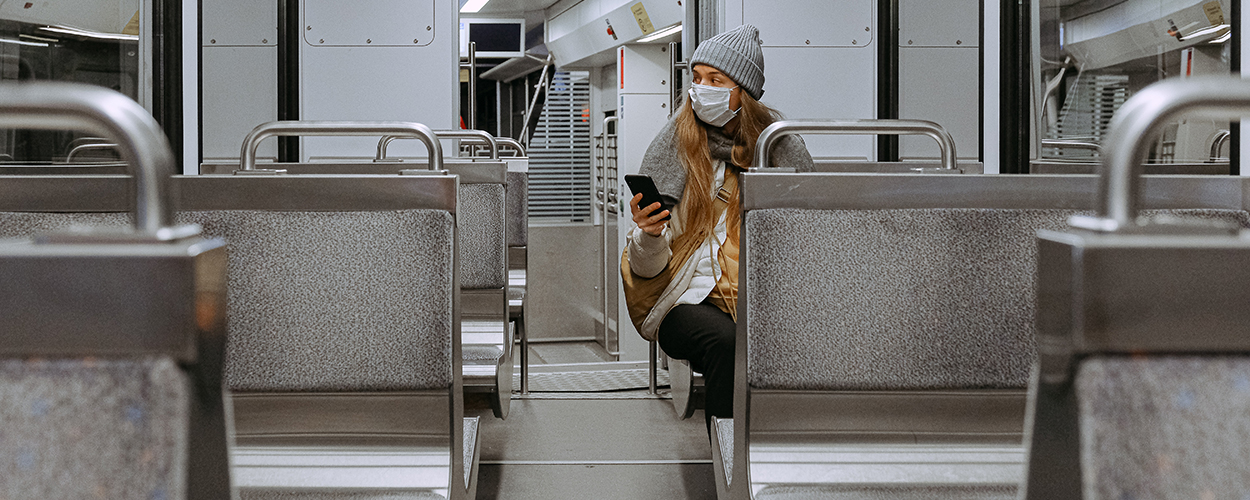This website uses cookies so that we can provide you with the best user experience possible. Cookie information is stored in your browser and performs functions such as recognising you when you return to our website and helping our team to understand which sections of the website you find most interesting and useful.
Business News Industry People Legal Live Business
MU and ISM welcome increased COVID support for freelancers, but say more still needs to be done
By Chris Cooke | Published on Tuesday 3 November 2020

Both the Musicians’ Union and the Incorporated Society Of Musicians welcomed the news yesterday that the UK government’s financial support scheme for the self-employed will be increased during the newly announced COVID lockdown. However, they also expressed concern about the level of support beyond November and the fact that many freelancers are still unable to access the funding scheme.
When a new national lockdown was announced for England this weekend in a bid to counter the latest surge in COVID cases, it was quickly confirmed that – as a result – the furlough scheme to support employees unable to work as a result of COVID restrictions would be extended through to the end of November. The more generous furlough scheme was set to be replaced this month by an alternative support programme providing a lower subsidy.
However, there wasn’t an immediate announcement about the separate funding programme to support the self-employed, known as the Self-Employment Income Support Scheme. That was also due to change this month so that the total subsidy available to freelancers negatively impacted by COVID restrictions would be 40% of average earnings (originally support was going to be cut to 20%, but that was then increased to 40% late last month).
Given the large number of freelancers in the music industry – especially among musicians and songwriters – news on what the new lockdown meant for SEISS was much anticipated in the music community. Yesterday it was announced that support for the self-employed would be set at 80% of average earnings in November, before returning to 40% for December and January. Therefore over the quarter, the subsidy will be 55% of average earnings.
This change was welcomed by the MU and ISM. However, given that – even once the month-long lockdown is over – opportunities for musicians to play live are likely to be few and far between for at least a few more months, both organisations argued that more still needs to be done. And then there’s that fact that the government has continually ignored – that the specific criteria for SEISS means many freelancers are unable to access the funding.
Responding to yesterday’s announcement regarding support for freelancers, MU General Secretary Horace Trubridge said: “We appreciate all the government has done to support our members through the furlough and self-employment income support schemes so far, but they must not abandon our world-class musicians who are the driving force behind the multi-billion pound UK music industry”.
“This latest announcement clearly does not achieve parity with employed people on furlough”, he went on. “We will lobby the treasury on that point as well as continuing to argue that the many musicians who have been ineligible for this scheme must now be included”.
He concluded: “We know from our research, that a third of musicians are considering abandoning the industry completely, due to financial hardship caused by the coronavirus pandemic. Half of our members have already been forced to seek work outside of the industry, with seven in ten unable to undertake more than a quarter of their usual work. Once again, we strongly urge the government to recognise the unique situation that our members are in, and to provide sector-specific financial support for musicians”.
Meanwhile, ISM CEO Deborah Annetts said: “We are pleased that the government is supporting the self-employed with 80% of trading profits for November, which increases the total grant to 55% of trading profits across the November to January period. Today’s announcement, coming so soon after previous changes to SEISS, follows the ISM’s tireless campaigning on this issue. This is a further acknowledgement from the government that its initial approach was insufficient and that more had to be done to support the self-employed, including the thousands of musicians who cannot work while performance venues remain closed”.
“However”, she went on, “the increased rate of SEISS is only for the first month of the three-month grant period and three million self-employed workers continue to be excluded from receiving it at all. So maintaining a higher level of grant, expanding the eligibility criteria and developing a clear roadmap for the return of live performance are all now essential for preventing an exodus of highly skilled talent from our world-leading arts sector”.





